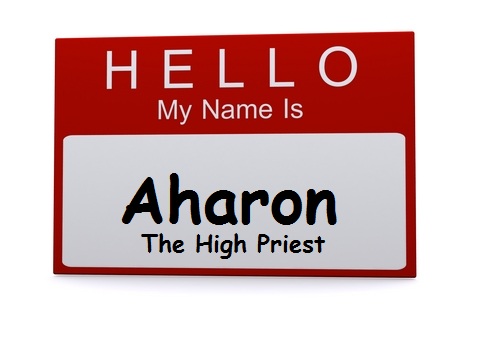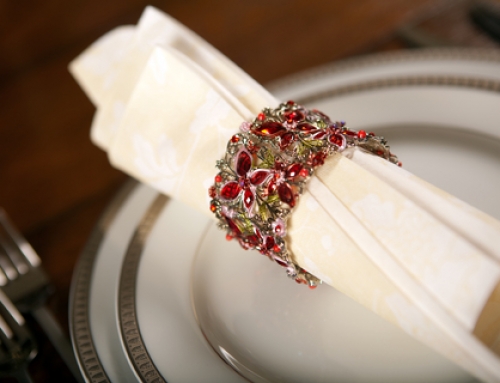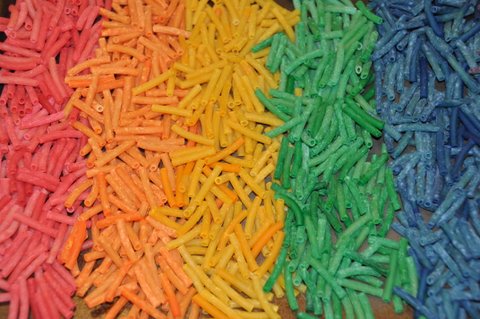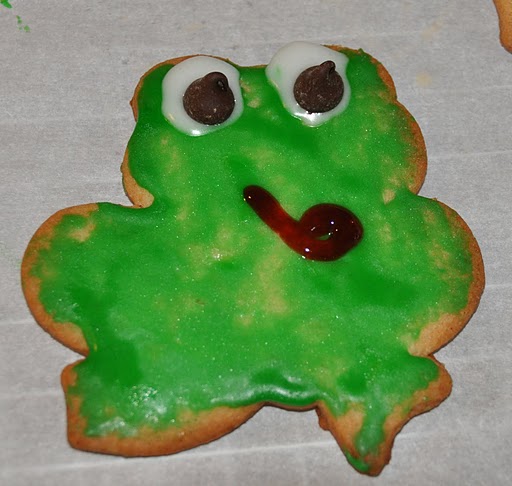This week’s Torah reading, Parshat Titzaveh, seems obsessed with clothes! Aharon is told to wear very fancy expensive clothes when he was doing the service in the Tabernacle. He wore 8 different articles of clothing, and the regular priests wore four. That is some uniform! And the punishment for not wearing them or for even changing something on one part of the uniform, was karet – death.
How are we to understand the value the Torah seemingly places on the priests’ clothes? The Torah is usually anti-materialism and downplays outside looks. Shouldn’t it be what the priest thinks about that matters or the quality of his service?
What do you think the significance is here? What is the lesson?
Explain how this commandment, with all of its details, can either benefit the priest himself or maybe help everyone else watching.
Benefit for the priest: By getting dressed in special garb to perform the service, the priest is reminded how important and special this task is. By having heavy garments and a long robe, the priests, and especially the High Priest, will not be able to take their minds off of this lofty job they have.
Benefit for everyone else: If we, the visitors/spectators are meant to take the service seriously and respect it and feel closer to God when watching it, then the scene we see must be impressive. And since we humans are sensory beings, all of the visual stimulation helps us to be awe-struck and inspired when we watch the service.
Discuss how clothes have an effect on your mood? And how do people view you depending on what you wear? And how do you show your respect or attitude towards something by how you dress?
Think about a kid’s school uniform, bridesmaid dresses, a soldier’s uniform, your outfit for an interview etc.








Leave A Comment